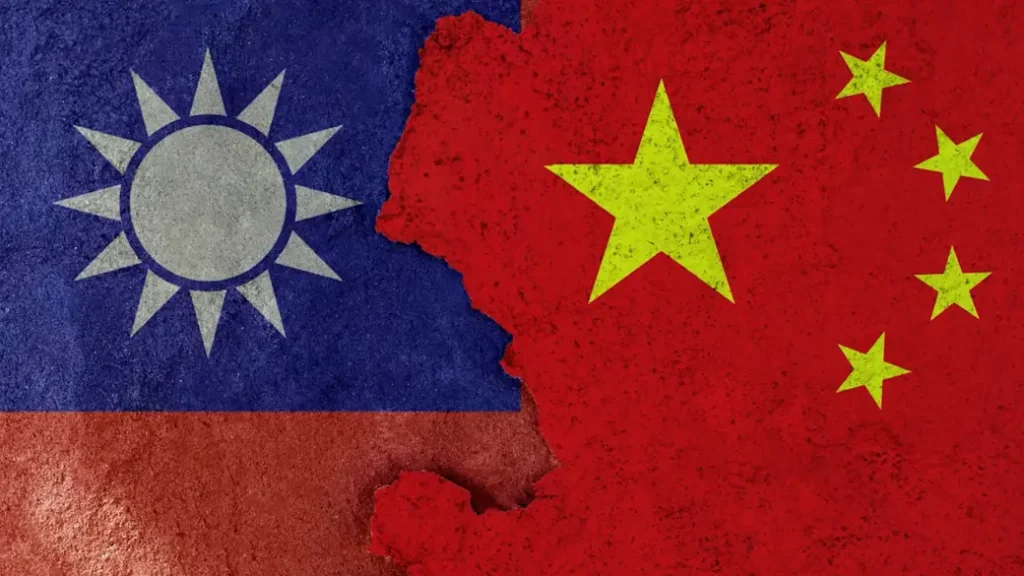- Web
- Feb 05, 2026
China offers bounties on Taiwanese cyberwarriors amid rising tensions
-

- Web Desk Karachi
- Jun 05, 2025

WEB DESK: China placed a bounty on cyberwarriors working for Taiwan Defense Ministry, extending its campaign to squeeze President Lai Ching-te.
Police in the southern city of Ghuangzhou are seeking the arrest of 20 people working for Taiwan Information, Communications and Electronic Force Command, the official Xinhua News Agency said on Thursday.
A reward of 10,000 yuan ($1,400) was offered for each person due to cyberattack, Xinhua said.
Neither the Defense Ministry in Taipei nor the Taiwanese government department that handles matters related to China immediately responded to a request for comment.
The bounties are largely symbolic because China has no law-enforcement capabilities in the self-run archipelago of 23 million people and members of Taiwan’s military establishment rarely travel to China. The rewards do underscore Beijing’s disdain for Lai and the DPP, who they view as moving to formalise Taiwan’s independence.
China condemns ‘discriminatory’ US plan to revoke student visas
Taiwan’s government launched the cybersecurity command in 2017, largely to counter what officials in Taipei say is a massive amount of online attacks and other threats from China.
Beijing sees Taiwan as one of its provinces, to be brought under its control eventually, by force if that’s what it takes. It has refused to hold high-level talks with the government in Taipei since Lai’s predecessor, Tsai Ing-wen, wouldn’t acknowledge its stance that the archipelago is part of China.
Instead, Beijing has tried pressuring Lai since his election victory last year, especially with several high-profile military drills. It has also taken steps such as levelling sanctions on Taiwanese political commentators and introducing a law to punish “separatists.”
In September 2024, China handed a nine-year prison term to a Taiwanese political activist convicted of what it called separatism. The activist, Yang Chih-yuan, was apparently living in China, and Taiwan later warned its people against travel across the strait.




